Eight exciting URBACT developments to look out for in 2022!
Edited on
26 January 2022As URBACT prepares to welcome more, diverse towns and cities, what highlights can we expect in the programme’s year ahead?
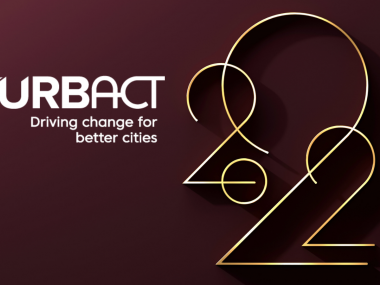
Happy New Year! As URBACT sets out on another year helping cities build better participative responses to local challenges, we caught up with some of the people behind the programme’s key initiatives to watch for in 2022…
1. Welcoming new cities to URBACT IV
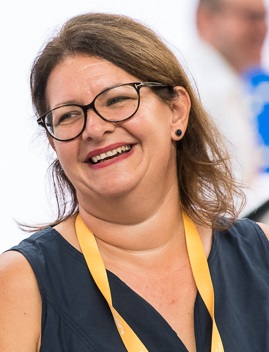 Adele Bucella, URBACT Projects and Programming Head of Unit
Adele Bucella, URBACT Projects and Programming Head of Unit
“2022 will be another exciting URBACT year – for many reasons! The highlight will no doubt be the launch of the new URBACT IV programme, hopefully by June 2022. We expect the first call for ‘Action Planning Networks’ to follow later in the year, with opportunities for towns and cities of all sizes to join URBACT networks, including newcomers discovering the programme for the first time.
And I hope that we can also look forward to welcoming applications from cities in five new IPA (Instrument for Pre-Accession) countries – Albania, Bosnia and Herzegovina, Montenegro, Northern Macedonia, and Serbia – as well as existing EU countries as usual. Negotiations are still underway, so keep an eye out for updates!”
2. A carbon-neutral URBACT City Festival
 Aleksandra Kluczka, URBACT Events Officer
Aleksandra Kluczka, URBACT Events Officer
“My highpoint in the year ahead? The URBACT City Festival, our first ever carbon-neutral EU event! It’s set for 14-16 June 2022 – so during France’s presidency in the Council of the EU – hopefully at an exciting venue on the site of a former railway station in Pantin, Greater Paris.
It will be a great way to introduce towns and cities to URBACT IV, spark new partnerships, and celebrate the achievements of URBACT networks. We’ll also showcase good urban practices on climate action, digitalisation, procurement, inclusion and gender-mainstreaming, and other key issues facing Europe’s towns and cities today.
I’m particularly motivated by our dedication to carbon neutrality wherever possible – the main venue is powered by renewable energy, with local, seasonal and plant-based food, eco-responsible waste collection and composting. As we’re inviting city representatives, urban practitioners and policymakers from Europe and beyond (Covid allowing), we’re planning carbon offsetting to compensate for travel. This will hopefully pave the way for further carbon-neutral events and project practices throughout URBACT.”
3. New tools for financing and implementing sustainable urban projects
 Clémentine Gravier, URBACT Capacity-Building Officer
Clémentine Gravier, URBACT Capacity-Building Officer
“Early in 2022, we’ll launch a complete new set of practical tools to help cities find the financial and human means to make their plans become reality – whatever actions they’re taking to improve the lives of local residents... This is the outcome of some great work on the Funding and Resourcing of URBACT Integrated Action Plans (IAPs), started with two urban development experts, Regina Trenkler-Fraser and Krisztina Keresztely in 2021. The tools are presented as a system of five ‘metro lines’, with ‘stops’ representing tools and guidance for city practitioners. All will soon be available online in the URBACT toolbox!
Members of URBACT Action Planning Networks will get a preview of some of these tools at our e-University on 1-3 February 2022. In fact it will be the first URBACT university ever to focus on the implementation and resourcing of city action plans! We’re looking forward to seeing APN partners again, even if it’s only online for now.”
4. Extra boost for three hot URBACT topics: Climate, Gender, Digital
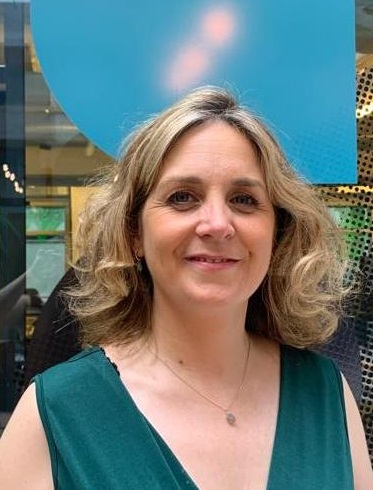 Nuala Morgan, Head of Unit - Capitalisation and Communication
Nuala Morgan, Head of Unit - Capitalisation and Communication
“This year we launch the new URBACT programme! Building on URBACT’s established 'integrated approach' to urban development, we’ll add specific support for climate action, digital inclusion and gender equality across all we do.
Cities have made great efforts to cooperate and learn from each other despite Covid restrictions. Many reacted by taking a ‘digital leap’ and we’ll continue supporting their transition, notably through TechPlace – URBACT’s online community dedicated to harnessing the potential of digital transition in cities.
The climate crisis is also rightly in the spotlight, and cities are on the frontline for delivering concrete actions. URBACT will promote a shift to carbon neutrality, and compensate carbon emissions linked to European cooperation.
With crises often disproportionally affecting most disadvantaged people, the motto “no decision about me, without me” is more important than ever as the new URBACT begins. We’re set to deliver even more inspiration, know-how and good practices to help cities work for all! This will become easier thanks to a revamped URBACT website with new Knowledge Hub pages.”
5. A knowledge hub for progress on urban food and climate action
 Marcelline Bonneau, URBACT Programme Expert
Marcelline Bonneau, URBACT Programme Expert
“Sustainable food ecosystems are a big topic for URBACT this year. The FOOD CORRIDORS network will be helping cities reinforce urban-rural linkages, NEXT AGRI will be developing food training and entrepreneurship support, and BioCanteens #2 will be bringing organic local food into schools across Europe using Mouans-Sartoux’s (FR) model. We’ll build on our commitment to the Glasgow Food Declaration, together with IPES-Food and Nourish Scotland. And will further collaborate with the Milan Urban Food Policy Pact and Eurocities.
And climate action is still at the core of URBACT: we’ll continue developing mechanisms for carbon emissions measurement and reduction – at city and programme levels. The Zero Carbon Cities and Urb-En-Pact networks are engaging more local elected representatives, civil servants and stakeholders in reducing energy consumption to work towards carbon neutrality. And we can expect URGE and Resourceful Cities to stay at the forefront of promoting the circular economy in the building sector and in households – in an integrated and accessible way!”
6. Innovating mobility and public space use in towns and cities
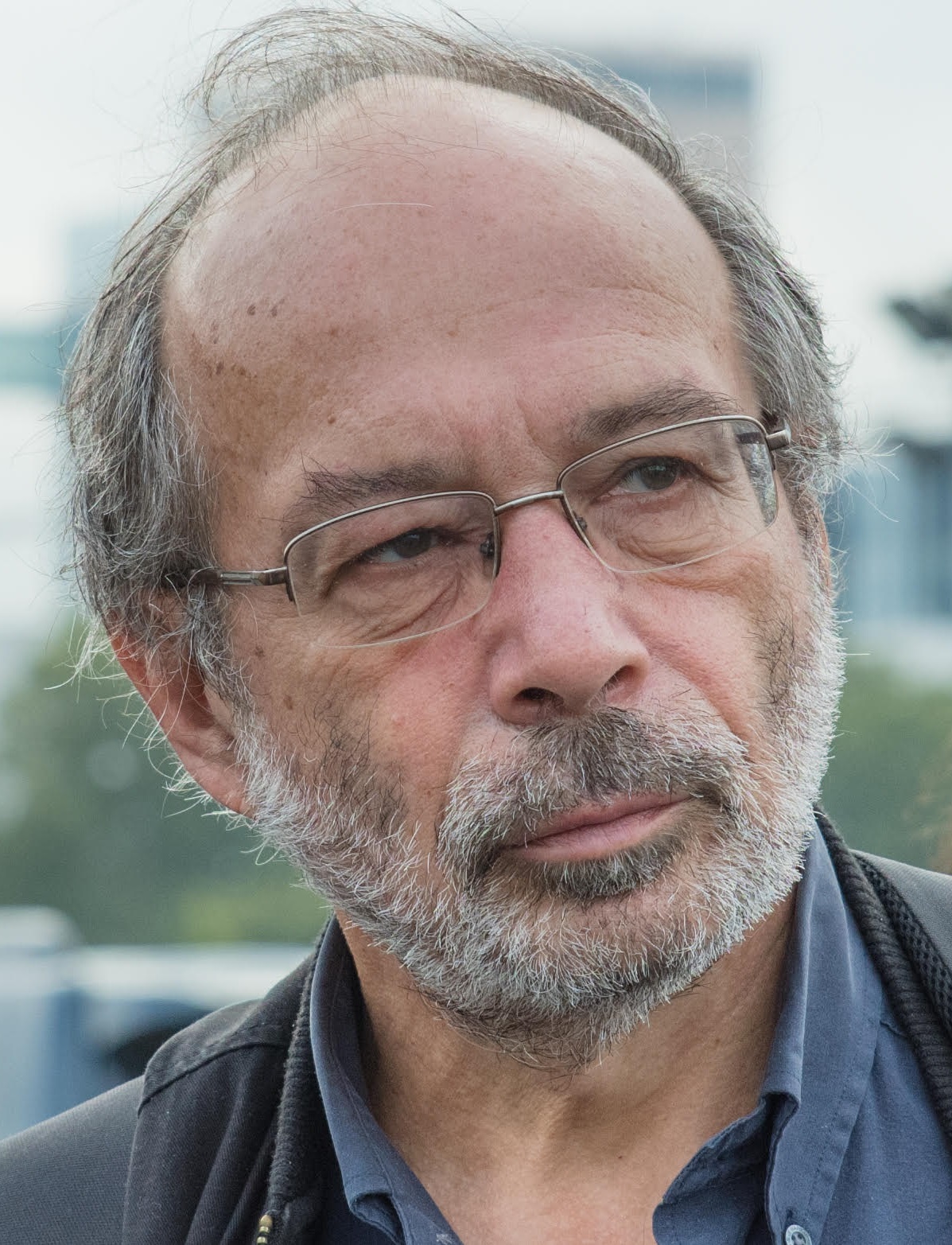 Ivan Tosics, URBACT Programme Expert
Ivan Tosics, URBACT Programme Expert
“Among EU cities’ biggest questions in 2022 is how to handle the challenges of a third pandemic year. Recurring waves of lockdowns have heavily burdened urban residents, many of whom have reacted by moving out of cities. Relationships between home and workplace have changed fundamentally, leading to new mobility patterns, with less trust in public transport, and increasing car use.
In response, this year’s URBACT City Festival will present an innovative, forward-looking model for strengthened public transport and the sustainable use of public space in all urban areas: centres, neighbourhoods, peripheries... The model is being elaborated thanks to the #WalkAndRollCities collaboration involving the URBACT networks RiConnect, Space4People and Thriving Streets.
To achieve the envisioned new use of public spaces, with high accessibility, cities need to encourage a shift in mobility mindsets, while also managing financial pressures on public transport. I’m looking forward to seeing #WalkAndRollCities help cities achieve positive changes in these decisive aspects of sustainable development.”
7. Powering progress on gender equality
 Sally Kneeshaw, URBACT Programme Expert
Sally Kneeshaw, URBACT Programme Expert
“In 2022, I’m excited about updating the Gender Equal Cities report and launching a new training module on Gender-Responsive Public Procurement – an important addition to URBACT’s free online course on strategic procurement. We’ll be creating more capacity-building tools to prepare for URBACT IV, to reflect the continuing priority given to gender equality in the URBACT Knowledge Hub, and to provide urban practitioners with skills and knowledge that will help them integrate a gender perspective into the design and implementation of all policies.
Looking back to the to the start of 2021, I was maybe too optimistic in hoping to meet up with URBACT colleagues and city partners again. Unfortunately, though some networks managed a few ‘real’ meetings, the pandemic is still preventing us from working together as before. Let’s hope that in 2022, the recovery will allow us to resume some level of sustainable travel, and to celebrate the URBACT community in person again.”
8. Building on the experiences of ‘pilot’ URBACT networks
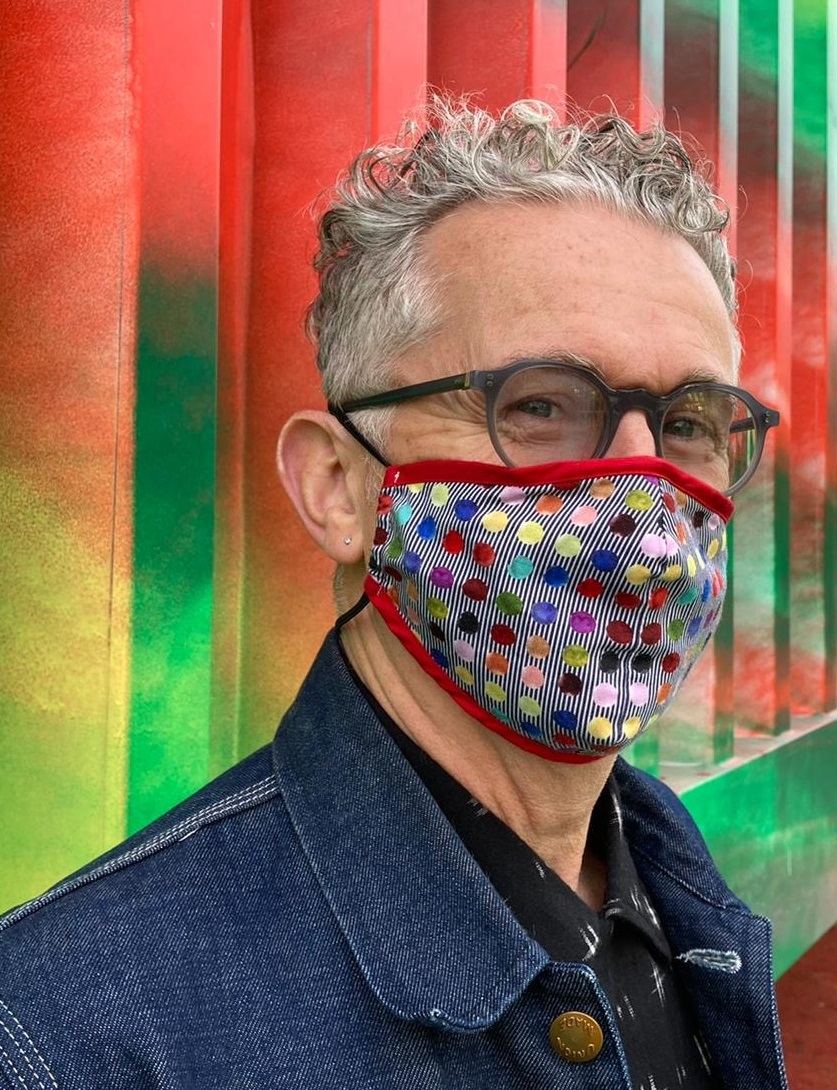 Eddy Adams, URBACT Programme Expert
Eddy Adams, URBACT Programme Expert
“I’m looking forward to seeing how the results of our ‘pilot networks’, testing new forms of good practice transfer, feed into the new URBACT IV programme. Our model for transferring good urban development practice between cities has been one of the big URBACT breakthroughs in recent years. We’re now building on this together with the Urban Innovative Actions initiative (UIA), exploring how URBACT transfer tools can help cities adapt and transfer large-scale innovative approaches. We’re also testing this transfer model at the national level, enhancing the programme’s role as a gateway to EU cooperation for smaller towns and cities. Watch this space!
In future, transnational collaboration won’t be the same: we’ll travel less than before Covid, and more selectively, with tools like Greentripper to help make good low-carbon travel choices. Through the pandemic, URBACT has been ahead of the curve in its development and embrace of digital approaches. I’m really excited that the programme will now complement this by supporting climate-neutral cooperation between cities of all sizes.”
Follow URBACT on social media to catch more detailed updates on these initiatives – including registration for the URBACT City Festival! And look out for insights, tips and tools in the URBACT Knowledge Hub – with sections on Food, Climate Action, Gender, Procurement and many more urban development issues that URBACT is helping cities tackle in 2022.
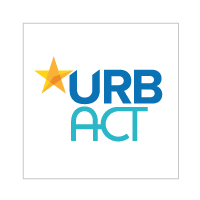 Submitted by URBACT on
Submitted by URBACT on
